Blog

Finding a Bilingual Therapist in New York City
a city where people speak over 200 different languages, finding a bilingual therapist in New York is more than a convenience – it can be a game-changer for mental health

The Link Between Social Media and Depression
In today’s world, scrolling through social media is as routine as brushing our teeth. We open apps out of habit — on the train, in bed, while waiting in line. Platforms like Instagram, TikTok, and Facebook keep us connected, informed, and entertained.

Signs Depression is Taking a Toll on Your Relationship
Depression can impact every part of a person’s life, from their work to their romantic relationships. Dealing with depression can take its toll on both the person with depression and the supporting partner. If you’re worried that depression is affecting your relationship, understanding its impact is an important first step.

Anxiety Attack and Panic Attack Differences
’s easy to mix up anxiety and panic attacks. While anxiety attacks and panic attacks do have overlapping symptoms, they are different. Let’s get into the differences between anxiety and panic attacks so you can be in a better position to get the help you need.

How to Overcome Procrastination and Anxiety
Procrastination is a very typical human experience. At some point or another, we’re all guilty of putting off that task we know is important. Maybe it’s household chores, filling your taxes, paying bills, or some other mind-numbingly boring task.

How to Build a Consistent Routine That Combats Depression
Depression can feel like a pit you can’t escape from, but know that depression is treatable with the right help. A basic daily ritual encourages healthy habits like a regular sleep schedule, healthy food choices, and exercise that support mental health.
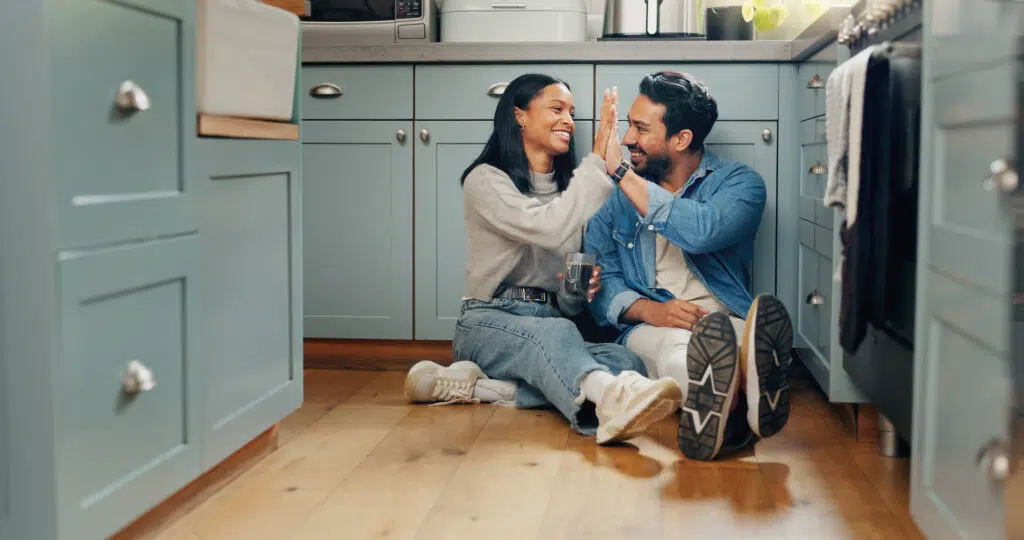
How to Manage Stressful Life Transitions and Events
From getting into college or having a baby to splitting from a spouse or experiencing the death of a loved one, life can surprise you with big wins and tear you down with loss. Life is filled with transitions, some happy, others stressful and difficult.
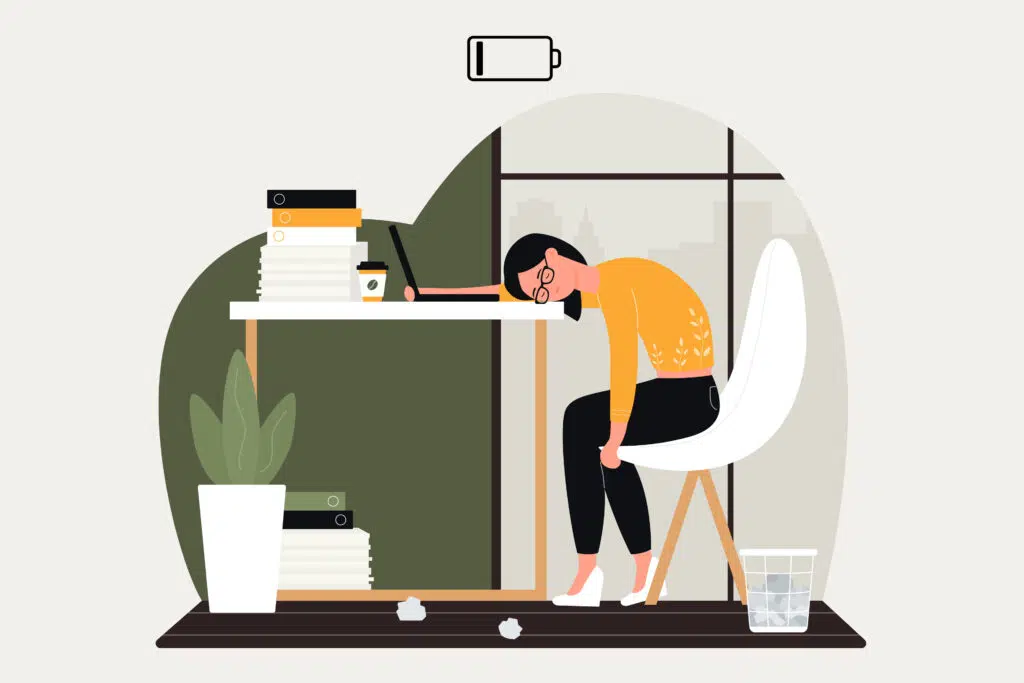
How Long Does it Take to Recover from Burnout?
If you’ve reached burnout, it describes a state of complete emotional, physical, and mental exhaustion. Between heavy workloads, toxic work environments, economic uncertainty, and a poor work-life balance, burnout is a very real problem that can affect all aspects of your health.

What is Mindfulness Therapy?
Mindfulness therapy involves using mindfulness techniques to increase awareness and learn to manage emotions more effectively. These techniques include paying attention to the present moment without judgment.
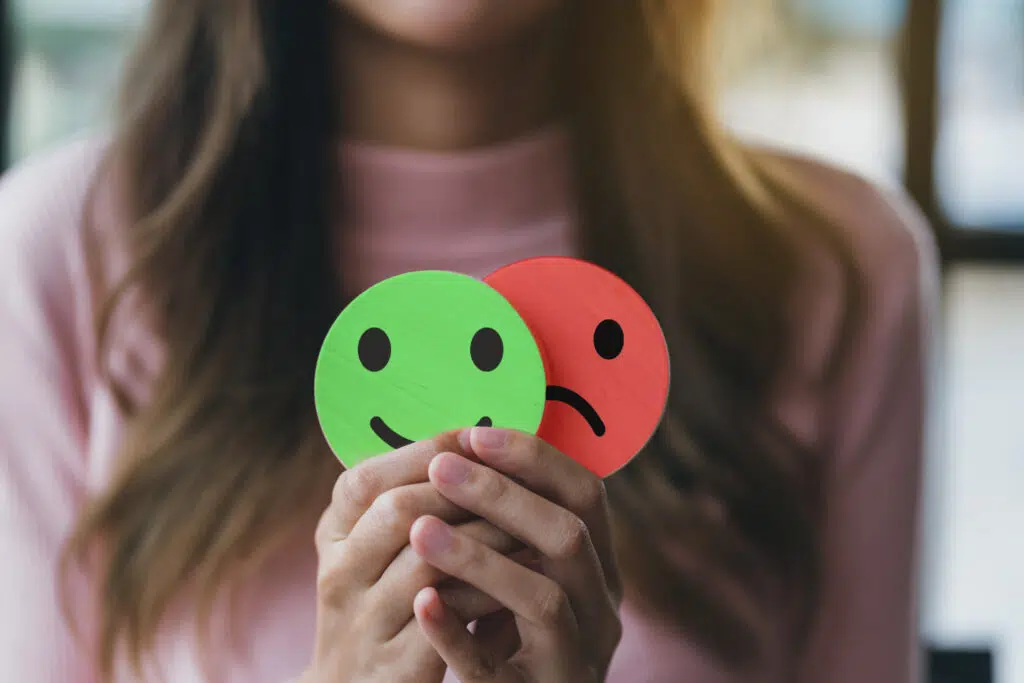
What is Dialectical Behavioral Therapy (DBT)?
Dialectical behavioral therapy (DBT) is a type of talk therapy developed to help people struggling with intense and overwhelming emotions and relationship difficulties.
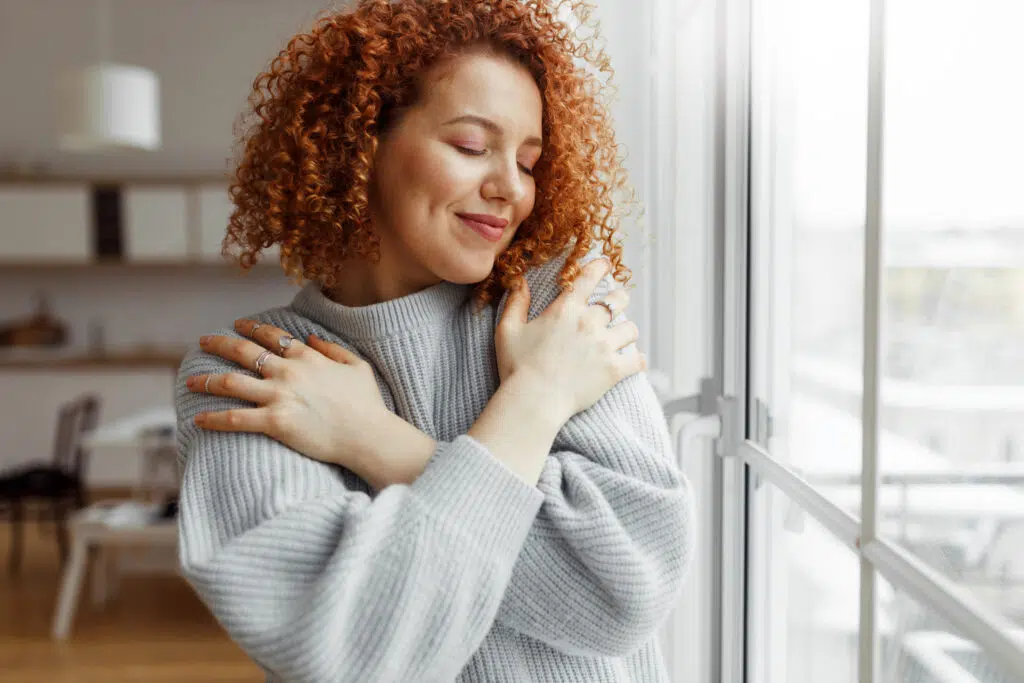
What is Acceptance and Commitment Therapy (ACT)?
Acceptance and commitment therapy (ACT) is a type of talking therapy that encourages individuals to embrace and accept their thoughts and feelings instead of battling against them. ACT doesn’t eliminate the problem but equips a person with the tools to manage the problem and live a more fulfilling life.
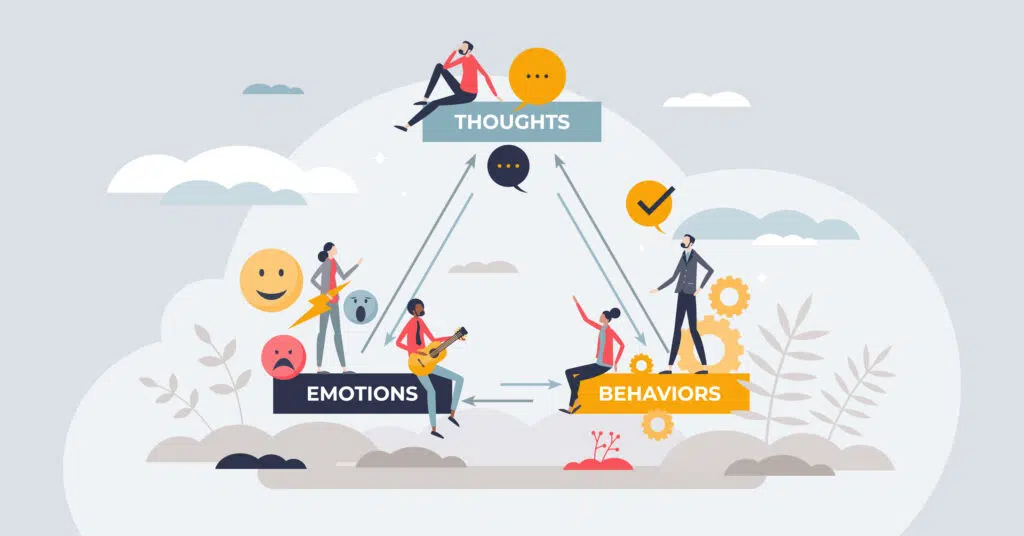
What is Cognitive Behavioral Therapy (CBT)?
Cognitive behavioral therapy (CBT) is a type of talk therapy based on the idea that our thoughts, feelings, and behaviors are all connected. Through a structured process and techniques, CBT helps individuals with a range of conditions, from anxiety to self-esteem and anger management.
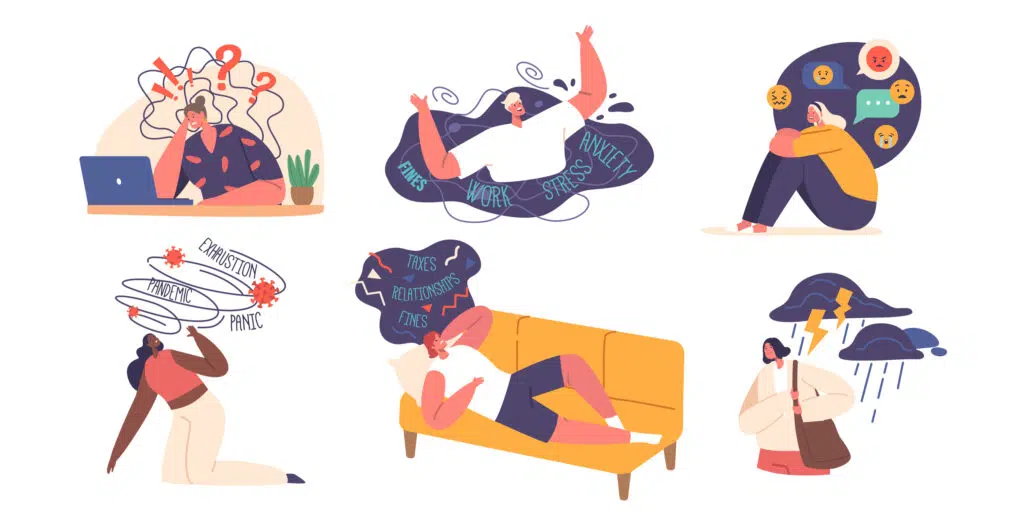
The Different Types of Therapy (Explained)
If you’re thinking about starting therapy, you will have encountered different types, approaches, and modalities. Therapy is a deeply personal journey, it can help to address mental health challenges, enhance coping skills, and improve well-being.
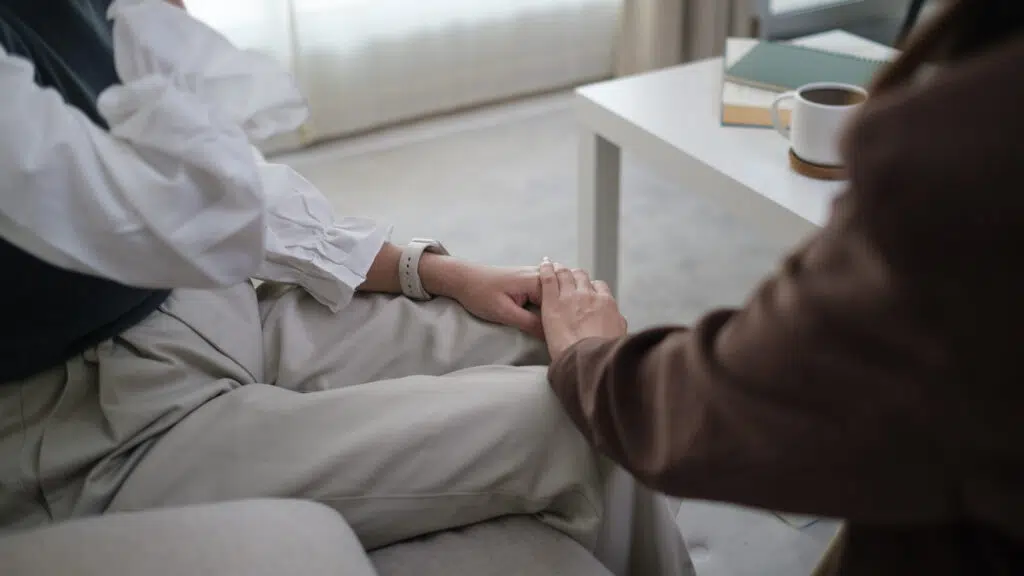
How to Explain Depression to Someone You Love
Despite depression touching the lives of millions of people, depression can be tough to talk about. With so many misconceptions about depression, it can be frustrating and overwhelming to explain. If you do choose to talk about your experience with depression, here are some tips for discussing symptoms, treatment options, recovery, and myths.
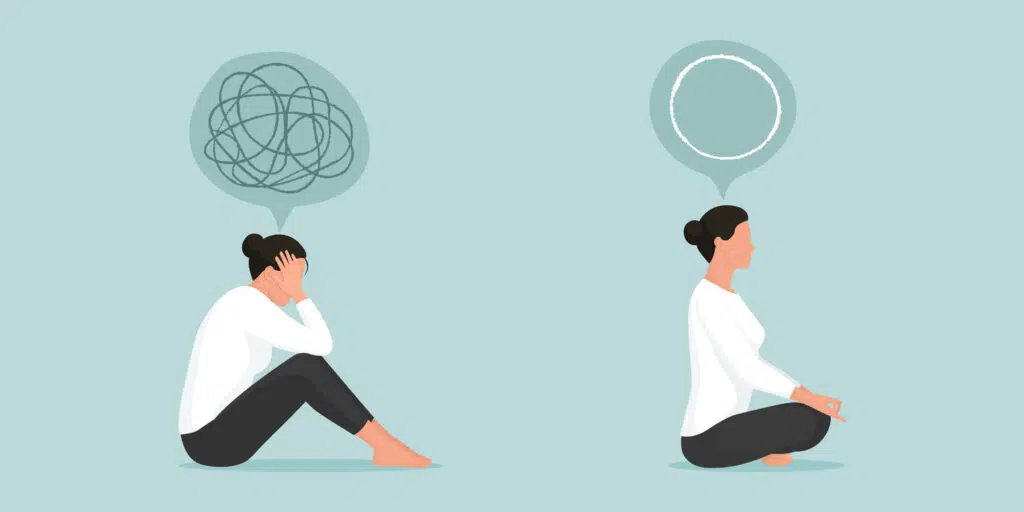
Calming Techniques for Everyday Anxiety
If you are feeling anxious, calming techniques help you feel more in control and calmer. Relaxation skills can help you regain your focus, slow your breathing, think more rationally, and reduce your anxiety in the moment.

Coping with Family Stress Around the Holidays
If you’re feeling nervous about the family get-together around the holidays, you’re not alone. While the festive season can be a time to spend with loved ones, family dynamics can bring more stress than you would like.
